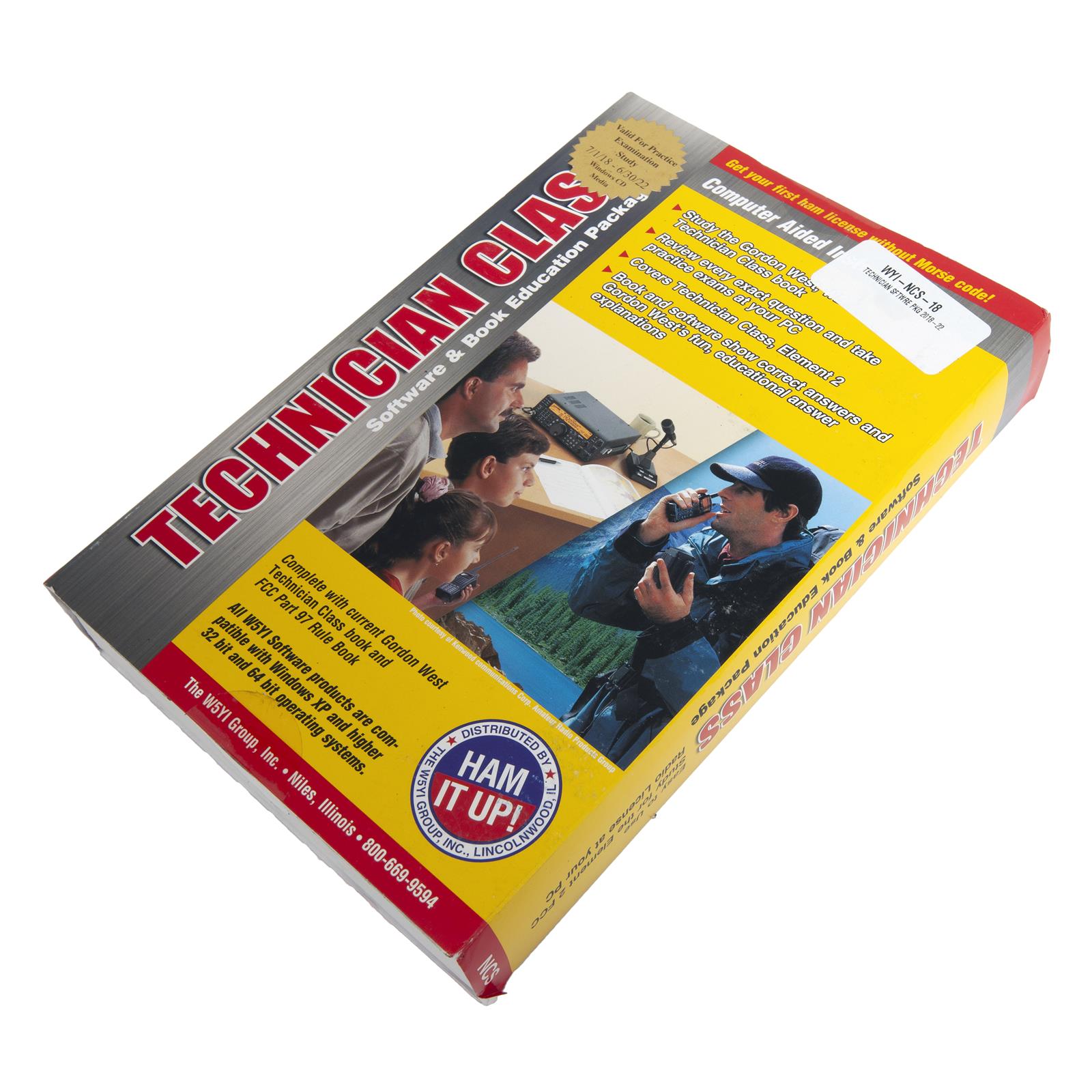Mikaela Norris
EF2
I'm not sure if this is the correct place for this question, so if it needs to be moved then by all means.
So while thinking ahead a bit, I've been toying with the idea of entering into the ham radio world. Mostly for mobile storm spotting, but perhaps for fun on the side as well. While digging around the interwebs I found out there are actually 3 different levels of ham license. My question is, in yall's experience, which license is the minimum needed to effectively be used for storm spotting/ reporting.
So while thinking ahead a bit, I've been toying with the idea of entering into the ham radio world. Mostly for mobile storm spotting, but perhaps for fun on the side as well. While digging around the interwebs I found out there are actually 3 different levels of ham license. My question is, in yall's experience, which license is the minimum needed to effectively be used for storm spotting/ reporting.
Last edited:

